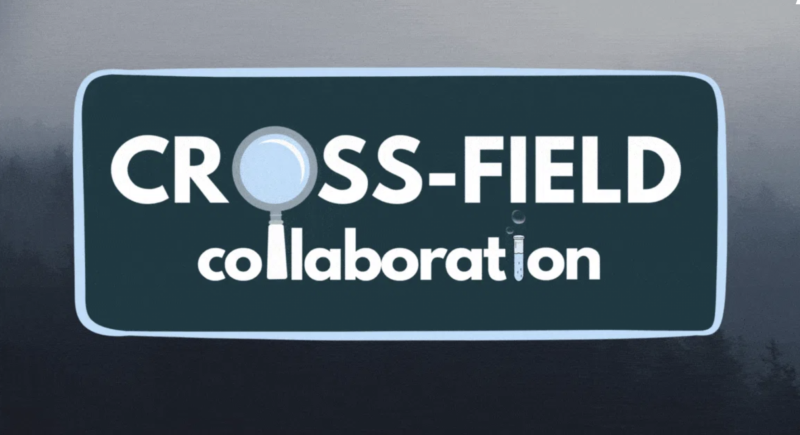
Stories

Rita Allen Foundation Supports Civic Science Journalism Cross-Field Collaborations
The Rita Allen Foundation and the Center for Cooperative Media are pleased to announce recipients of the Cross-field Collaboration Civic Science Journalism pilot initiative to seed and support new civic science journalism efforts and relationships.
This new initiative stems from pioneering work that the Foundation and partners have been leading to create a culture of civic science—seeding networks to accelerate learning, inclusion, and impact to ensure that science, evidence, and broader community engagement help to inform solutions to society’s most pressing problems.
Created with the Center for Cooperative Media at Montclair State University, this collaborative grant opportunity aims to advance civic science journalism cross-field collaborations in the United States and builds on a global research project led by Sarah Stonbely and the Center’s research team, with support from the Bill and Melinda Gates Foundation. This research project studied how and why journalists and civil society organizations around the world collaborate to achieve and increase impact.
This pilot grant opportunity also builds on more than a decade of leadership and expertise of Stephanie Murray, Director of the Center for Cooperative Media, and the Center team. Members of an award selection committee provided review and recommended a diverse cohort of civic science journalism collaborators from across the country.
“These award partners are pioneering new ways to amplify the voices of diverse publics and deliver the critical currency of information through journalism cross-field collaborations. We are pleased to invest in this early-stage, innovative work to strengthen science and democracy,” noted Foundation President and CEO Elizabeth Christopherson.
As part of the pilot and sponsored by the Foundation, the Center will engage members of the grantee cohort in programming to enrich the award by fostering a sense of community and facilitating opportunities to learn from each other’s work.
“The Center is thrilled to support this group of grantees and their projects,” added Murray. “Cross-field collaboration between civil society organizations and journalists is a growing part of the global media landscape, and we think a focus on civic science journalism collaborations is an excellent intersection to experiment with in the U.S.”
On July 11, the Foundation will host a related webinar to explore early insights from pilot initiatives bringing together journalism, nonprofit, and civil society organizations to build new channels for civic information around a range of key issues where multidirectional engagement between communities, journalism, and science can help support solutions.
Congratulations to Cross-field Collaboration Civic Science Journalism selected grant partners:
Institute for Advanced Study to host a new IAS Science Journalism Workshop to help those at the cutting edge of science journalism better connect with diverse audiences.
Media Alliance—The Sanctuary for Independent Media to support citizen-engaged science and advocacy work around the Hudson River and its tributaries.
Media In Neighborhoods (Music Conservatory of Westchester, fiscal sponsor) toexplore the relationship between science and music in healing through a Music Vets documentary journalism forum engaging veterans, music therapists, neuroscience and trauma experts, and community networks.
MuckRock Foundation, Inc. to expand on a previous air quality project in Chicago to include new engagement with community volunteers and share community science knowledge through local media.
National Science Policy Network (Multiplier, fiscal sponsor) to develop spotlights from diverse individuals focused on environmental issues and policy.
Open Vallejo to develop a digital archive of the Vallejo community and the impact of social inequalities with the current community.
Planet Detroit (Michigan Environmental Council, fiscal sponsor) to form a collaboration at the intersection of journalism and community science to tell the community story of Detroit’s air quality crisis.
The Aspen Institute (Women Make Movies, fiscal sponsor) to support development and planning for broad public outreach for a documentary journalism project highlighting the experiences of individuals in research as well as the challenges of the current research ecosystem.
The Current Media Inc. to expand community engagement and high-impact journalism around flood risk in Louisiana watersheds.
The Frontline Observer (Arts Connection of San Bernardino County, fiscal sponsor) to develop community journalism and citizen science to investigate the warehouse industry’s political influence.
The Salt Lake Tribune to develop a network of citizen-engaged scientists, collect information on water usage in Utah, and distribute it in a publicly accessible database for local media.
WITF to use theater and science as a medium for sharing complex narratives around climate change with diverse audiences.